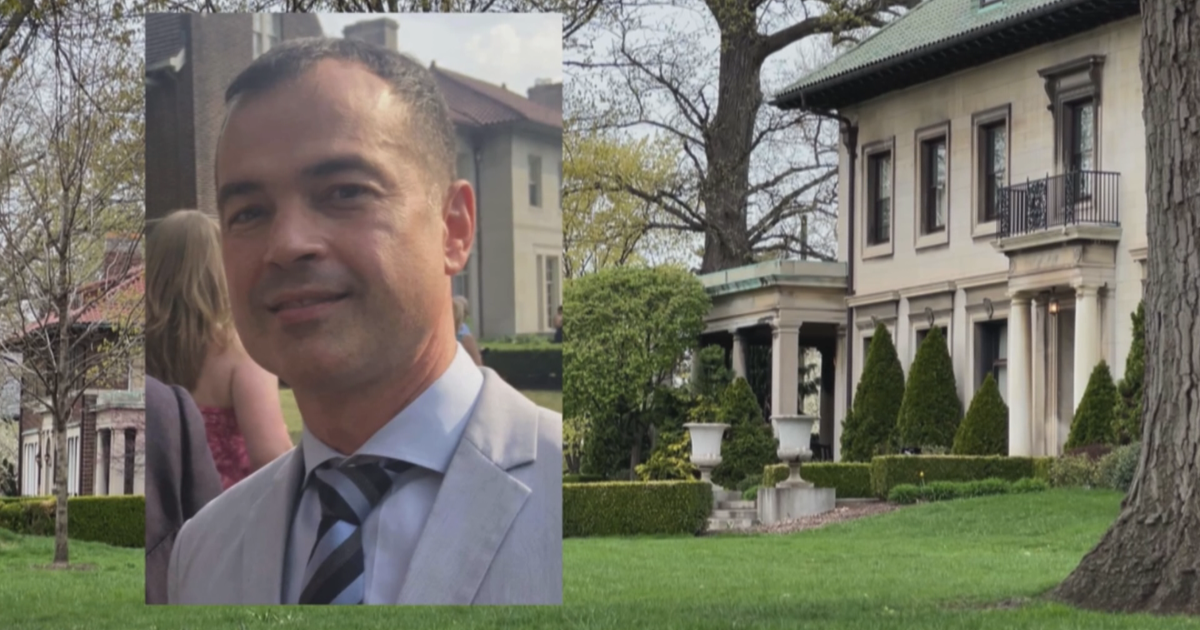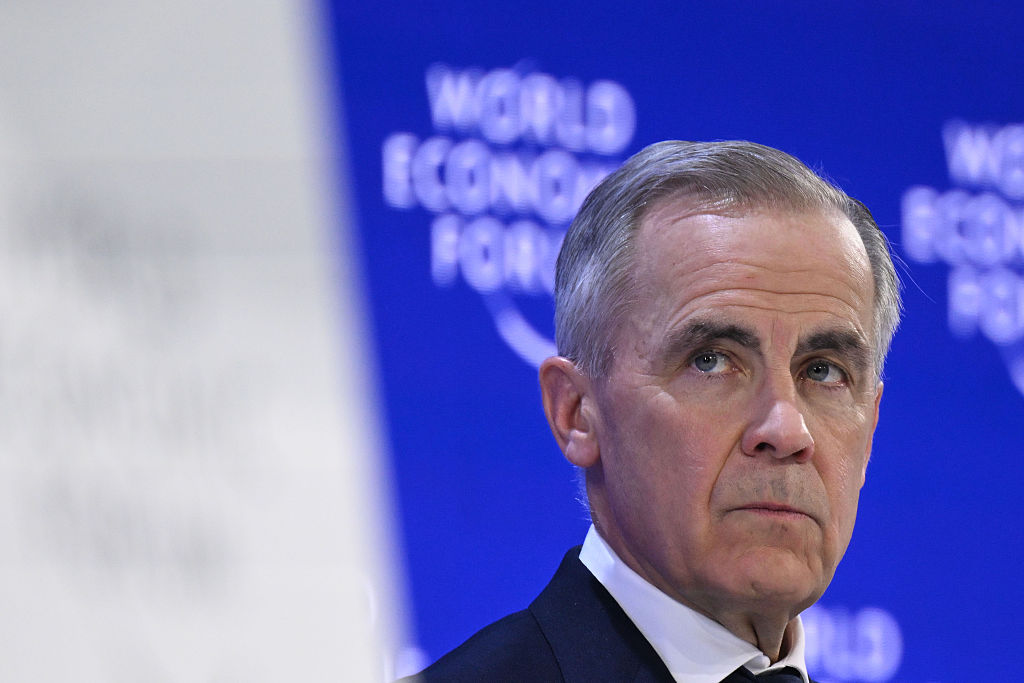Amid row over Huawei exec, China sentences Canadian man to death for drug smuggling
Beijing -- A Chinese court sentenced a Canadian man to death Monday in a sudden retrial in a drug smuggling case that is likely to escalate tensions between the countries over the arrest of a top Chinese technology executive. Canadian Prime Minister Justin Trudeau said he was concerned that China had decided "arbitrarily" to apply the death sentence in the case.
The court in northeastern Liaoning province announced that it had given Robert Lloyd Schellenberg the death penalty after rejecting his plea of innocence and convicting him of being an accessory to drug smuggling. It gave no indication that the penalty could be commuted, but Schellenberg's fate could become intertwined in diplomatic negotiations over China's demand for the top executive's release.
Schellenberg was detained more than four years ago and initially sentenced to 15 years in prison in 2016. But suddenly last month, an appeals court agreed with prosecutors who said the sentence was too lenient, and scheduled Monday's retrial with just four days' notice.
The Chinese press began publicizing Schellenberg's case in December after Canada detained Meng Wanzhou, chief financial officer of the Chinese telecommunications giant Huawei, on Dec. 1 at the request of the United States.
Since then, China has arrested two Canadians in apparent retaliation for Meng's arrest.
It arrested both Michael Kovrig, a former diplomat, and Michael Spavor, a businessman, on suspicion of endangering national security. A Canadian teacher was detained but released.
Schellenberg's lawyer, Zhang Dongshuo, said his client now has 10 days to appeal.
The court said it ruled Monday that Schellenberg was involved in an international drug smuggling operation. It said he was recruited to help smuggle more than 488 pounds of methamphetamine from a warehouse in Dalian city to Australia. A Chinese person convicted of involvement in the same operation was earlier given a suspended death sentence.
Fifty people, including Canadian diplomats and foreign and domestic media, attended Monday's trial, the court said in an online statement.
In 2009, China executed a Briton, Akmal Shaikh, on charges of smuggling heroin despite his supporters' protest that he was mentally ill.



